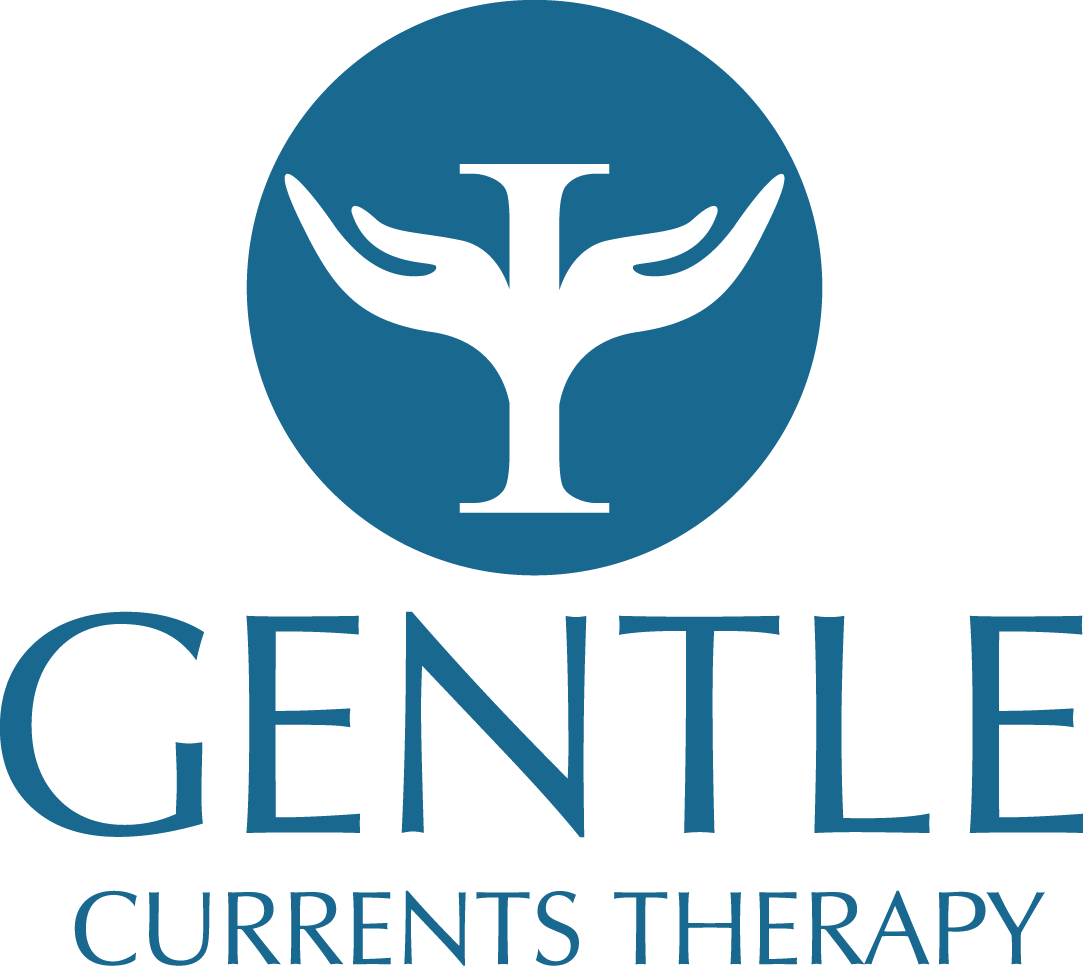Copyright 2024 Physio WordPress Theme by QreativeThemes
- Services
- Social Links
- Youtube
- Google My Business
- Psychology Today
- BC Association of Clinical Counsellors
- Academia
- WordPress
- Cision
- Blogspot
- Yelp
- UBC Final PhD Defence
- About Me
- Tumblr
- Tableu
- Issuu
- Google Scholar
- Quora
- Behance
- Newswire
- Three Best Rated
- Alignable
- My Space
- Good Reads
- Medium
- Sound Cloud
- Vimeo
- Foursquare
- Godaddy
- Flickr
- Slideshare
- Contact Us
Visit our Location
Gentle Currents Counselling and Neurofeedback Belmont Centre #10920103 40th Avenue Langley BC, V3A 2W3 Canada
There are many parts to Emotionally Focused Therapy (EFT), that are very effective for individuals.
Dr. Mike Dadson acknowledges:
Les Greenberg is credited as the developer of EFT and has applied it to couples. Greenberg was a former University of British Columbia professor for years. Sue Johnson was his student and went on to develop Emotionally Focused Couples Therapy. Johnson’s therapeutic approach has research supporting the effectiveness of this as a therapeutic approach that is correlated with positive change outcomes for couples. Both are very effective therapeutic models that inform the competent couples clinician.
According to Dr. Mike Dadson, “Emotionally Focused Therapy is a therapy that primarily identifies and recognizes the underlying emotions that are giving rise to both thinking and behavior.”
In this particular theoretical orientation behaviors that arise from emotion and a person’s internal felt feeling. Behaviors arise from emotional action orientations. In other words, emotions are the action orientation that energizes or animates the person to act. This may be conscious or unconscious.
As well it is the persons emotions that give rise to thoughts, rather than thoughts, giving rise to emotions and feelings. Some researchers define feelings as emotions that are identified by language or named with words. Reactions are behaviours driven by emotions with limited self-reflection and limited agency. Responses are when there is emotional awareness, feelings are recognized and considered, and actions are thoughtful and deliberate.
Dr. Mike Dadson writes:
Emotions and feelings, can give meaning to our memories and life narratives. When strong emotions develop, we can react and just act on those emotions or we can reflect, name and consider our feelings before we thoughtfully respond. It is our emotions which are the initial action orientation and the energy that potentially drives or effects behaviours. In EFT, the clinician addresses our emotions, holding them in reflection and helping find ways of functionally completing the action orientations.
Recognizing and addressing abreactions and the way we can act or express emotions in a counter productive and dysfunctional manner is often a first step in promoting functional change. In other words, by reflecting on our feelings, and considering the way they affect our actions, we find ways to express our emotions in ways that complete the action orientation and is effective matching our goals and values. Understanding our underlying emotions and the underlying emotion of others can change the meanings of our narratives as well as our thoughts and actions.
How do the emotions actually give rise in influence thoughts about oneself? Let’s follow Dr. Mike Dadson’s example:
A person who has endured a traumatic experience after getting pulled into a back alley, is mugged, and beaten, their perpetrator spits on them, tells them they’re worthless, takes all their money, and then kicks them and mocks them when they’re down. This person has been physically injured, dehumanized, treated with indignity, they’re covered blood and in mental and physical distress.
As a result of this experience, feelings of fear, anger, powerlessness, embarrassment and humiliation among others may arise. Those are natural feelings that result from being dehumanized. If a person get stuck in that state, or the feelings are prolonged, or they get embedded in a person, and they haven’t actually healed, from that experience, those emotions can get turned into a thought, which could be something like, “I’m disgusting, or I’m worthless, I should have known better, I have no value, like, and or people treat me like crap”.
“Other thoughts that can arise could potentially be I can’t trust people, people will hurt me. The injury to the self, can then give rise to thoughts”, explains Dr. Dadson.
With Emotionally Focused Therapy, the therapist is interested in if a person is speaking from a highly charged emotional place, to take those emotions and help them complete those action orientations in a way that is consistent with their dignity and to help them actually get to the base of the feelings to the place where they all arise. A person may say they feel angry because they feel disrespected.
Dr. Dadson reports:
In Emotionally Focused therapies, we want to get at the primary emotion, because if we can resolve the primary emotion, then when the feeling dissolves, this produces a lasting change that isn’t requiring a person to constantly monitor their thoughts, because the fundamental underlying emotions that were driving those thoughts has been resolved.
